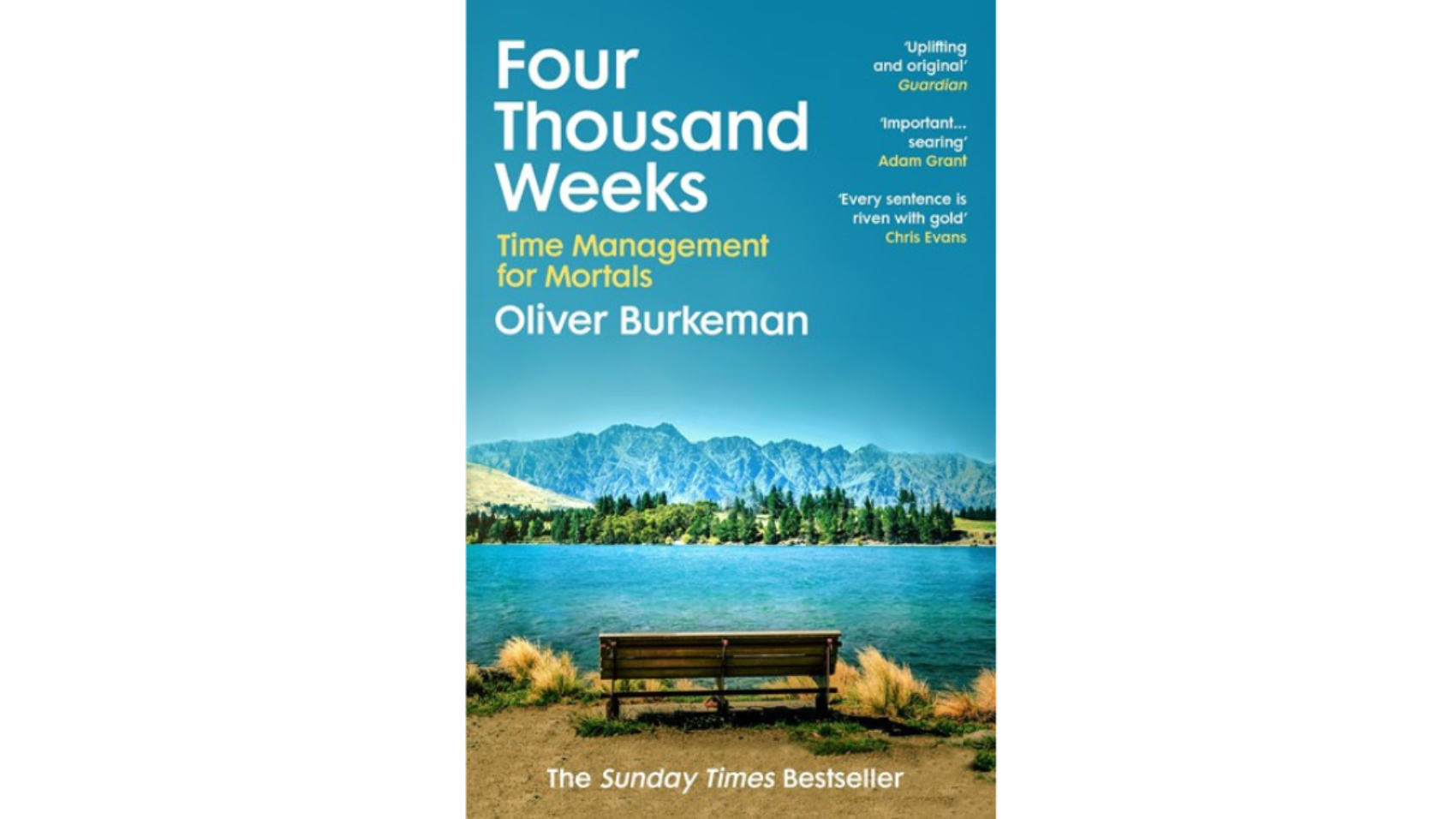Book Summary
Oliver Burkeman’s book “Four Thousand Weeks” offers an alternative viewpoint on time management. According to the book, conventional time management strategies like goal-setting and making to-do lists may actually be counterproductive and result in stress and burnout. The book promotes a different method of time management that emphasizes living in the present and being more aware of how one is utilizing their time. The necessity of rest and relaxation as well as the contribution of mindfulness to stress reduction are other subjects covered in the book. The book makes the case that people can improve their sense of balance and well-being in their lives by taking a more laid-back approach to time management.
The Book in 3 Sentences
1. The book “Four Thousand Weeks” offers an alternative viewpoint on time management and contends that conventional methods might result in stress and burnout.
2. The book urges readers to take a more loose approach to time management, emphasizing present-moment awareness and mindfulness of how they are utilizing their time.
3. The book discusses the value of rest and relaxation as well as the function of mindfulness in lowering stress. It also makes the case that people can attain greater balance and well-being in their life by using a more laid-back time management strategy.
Impressions
It provides a refreshing perspective on time management that is different from traditional approaches and it encourages readers to focus on the present moment and be more mindful of how they are spending their time.
I found the book to be insightful, thought-provoking, and appreciated the emphasis on the importance of rest, relaxation, reducing stress, achieving a greater sense of balance and well-being in my lives.
How I Discovered It
I discovered this book on Audible
Who Should Read It?
“Four Thousand Weeks” is intended for anyone who wants to manage their time in a more effective and balanced way, and is particularly well-suited for people who are looking to reduce stress, and achieve a greater sense of balance and well-being in their lives. The book is also aimed at people who are looking to adopt a more relaxed approach to time management and to prioritize self-care.
How the Book Changed Me
After reading “Four Thousand Weeks,” I tried to change my approach to time management by adopting a more relaxed approach. This involved focusing on the present moment, being more mindful of how I’m spending my time, and prioritising rest and relaxation.
I was able to identify and eliminate unnecessary stress leading to my health becoming a priority.
My Top 3 Quotes
- “The goal is to be as present as possible in this moment, not to be somewhere else.”
- “The irony of time management is that by trying to do more, we often end up doing less.”
- “Time management is not about squeezing more into each day; it’s about making sure that what you do is the right thing.”
- “The secret to managing time is to stop trying to manage time.”
- “The most important thing is not to do more, but to do less, better.”
Detailed Notes//Key Topics
Some key topics from the book “Four Thousand Weeks” include:
- A different perspective on time management: The book presents a new perspective on time management that is different from traditional approaches and suggests that traditional time management techniques can lead to stress and burnout.
- Mindfulness and the present moment: The book encourages readers to focus on the present moment, to be mindful of how they are spending their time, and to adopt a more relaxed approach to time management.
- Self-care and balance: The book suggests that by prioritizing rest and relaxation, people can achieve a greater sense of balance and well-being in their lives.
- Reducing stress: The book covers the importance of reducing stress and pressure and the role of mindfulness in reducing stress.
- Prioritizing what’s important: The book encourages readers to focus on what’s important and to eliminate unnecessary tasks and activities that do not add value to their life.

